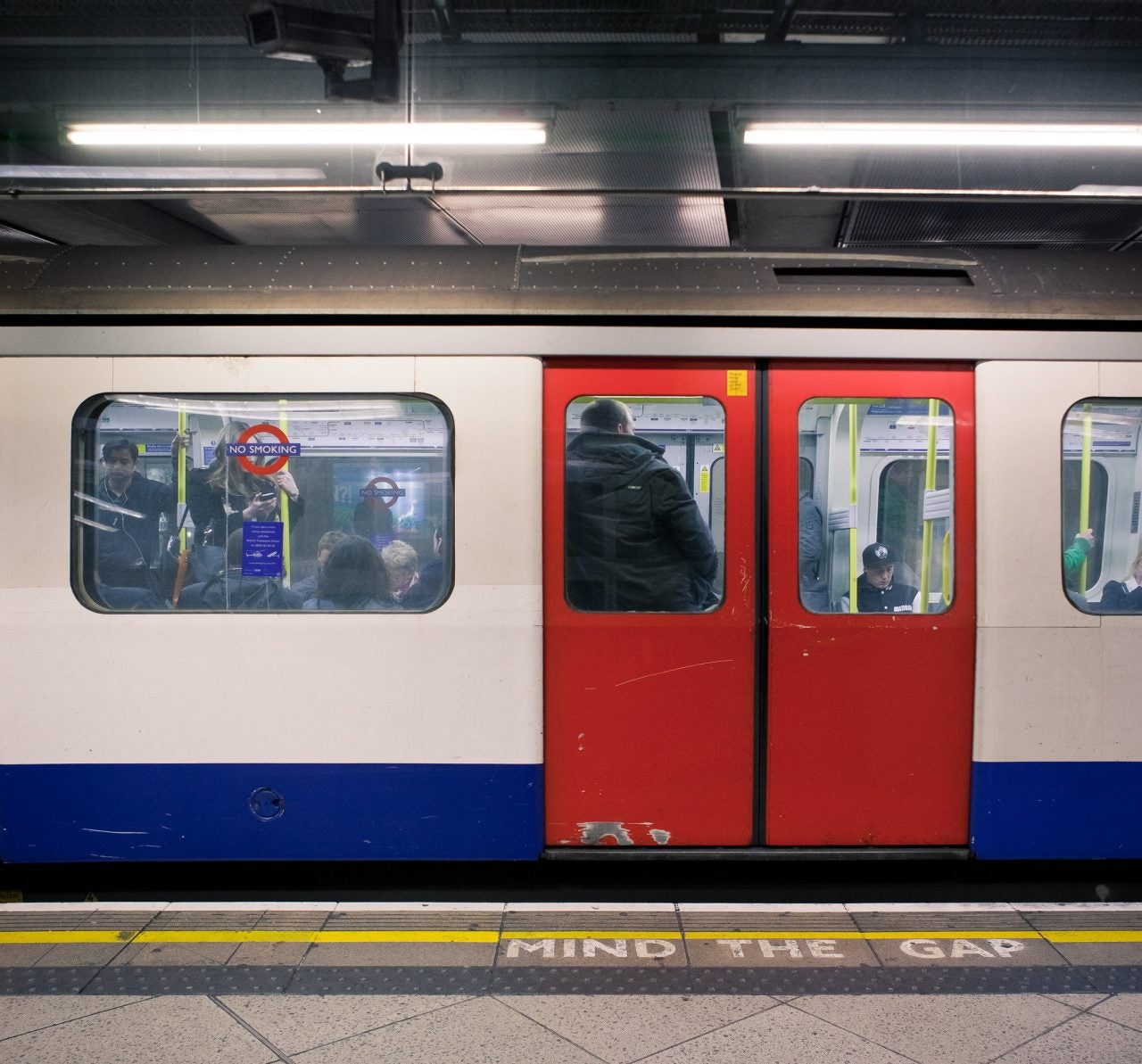
The UK Government and the Mayor of London have reached an agreement for a £1.7bn bailout to keep Transport for London (TfL) running during the Covid-19 pandemic, after weeks of political tensions.
The package – which provides public transport operator TfL with a second round of funding – after a first Covid-19 bailout in May – is meant to last until March 2021, ensuring that the capital’s transport system is ready for a post-Covid recovery.

Discover B2B Marketing That Performs
Combine business intelligence and editorial excellence to reach engaged professionals across 36 leading media platforms.
A press release from the government claims that the sum agreed is £1.7bn, while the Mayor’s office says this is £1.8bn. Railway Technology has reached out to both press offices for clarification.
As per the deal, the government will assist TfL just much like it did with private railway operators in the rest of the country.
“Just as we’ve done for the national rail operators, we’ll make up the fare income which TfL is losing due to Covid-19,” commented Transport Secretary Grant Shapps. “Londoners making essential trips will continue to be able to use tubes, buses, and other TfL services, thanks to this government funding.”
This represented an important achievement for the Mayor of London, who reportedly persuaded the government to rule out many of its initial requests. These included the expansion of London’s congestion charging zone as well an increase in fares above inflation rates. As Khan often repeated during the last few weeks, the proposals were too penalising on London and TfL.

US Tariffs are shifting - will you react or anticipate?
Don’t let policy changes catch you off guard. Stay proactive with real-time data and expert analysis.
By GlobalData“We fought hard against this government which is so determined to punish our city for doing the right thing to tackle Covid-19,” he said in a press statement. “The only reason TfL needs government support is because its fares income has almost dried up since March.”
Free travel concessions, especially to pensioners –another major point of contention between Downing Street and Sadiq Khan – will also remain as they currently are.
“I am pleased that we have succeeded in killing off the very worst government proposals,” Khan added.
In exchange for the bailout, the Mayor has promised to make up £160m through cost savings. To obtain this sum, Khan is considering a series of proposals, including a “modest” increase in the council tax as well as keeping the June central London congestion charge.
Both proposals are currently pending consultation.
The National Union of Rail, Maritime and Transport Workers (RMT) lamented the decision, stating that it will put jobs at risk. RMT general secretary Mick Cash commented: “It is deeply troubling for TfL staff that this short-term deal is loaded with strings that amount to at least £160 million of cuts with the very clear threat of worse to come.
“RMT has said from the outset that TfL staff who have been there day-in and day-out at the sharp end, keeping essential travel operating and London moving, should not pay the price for this pandemic. We will fight any attempt to attack jobs, pensions, working conditions and safety.”
As part of the deal, government representatives will continue to sit on the TfL board while a government-chaired oversight group will monitor the implementation of the agreement.
This comes after the Financial Times reported that Downing Street had threatened to seize control of TfL if the Mayor failed to reach a deal.





